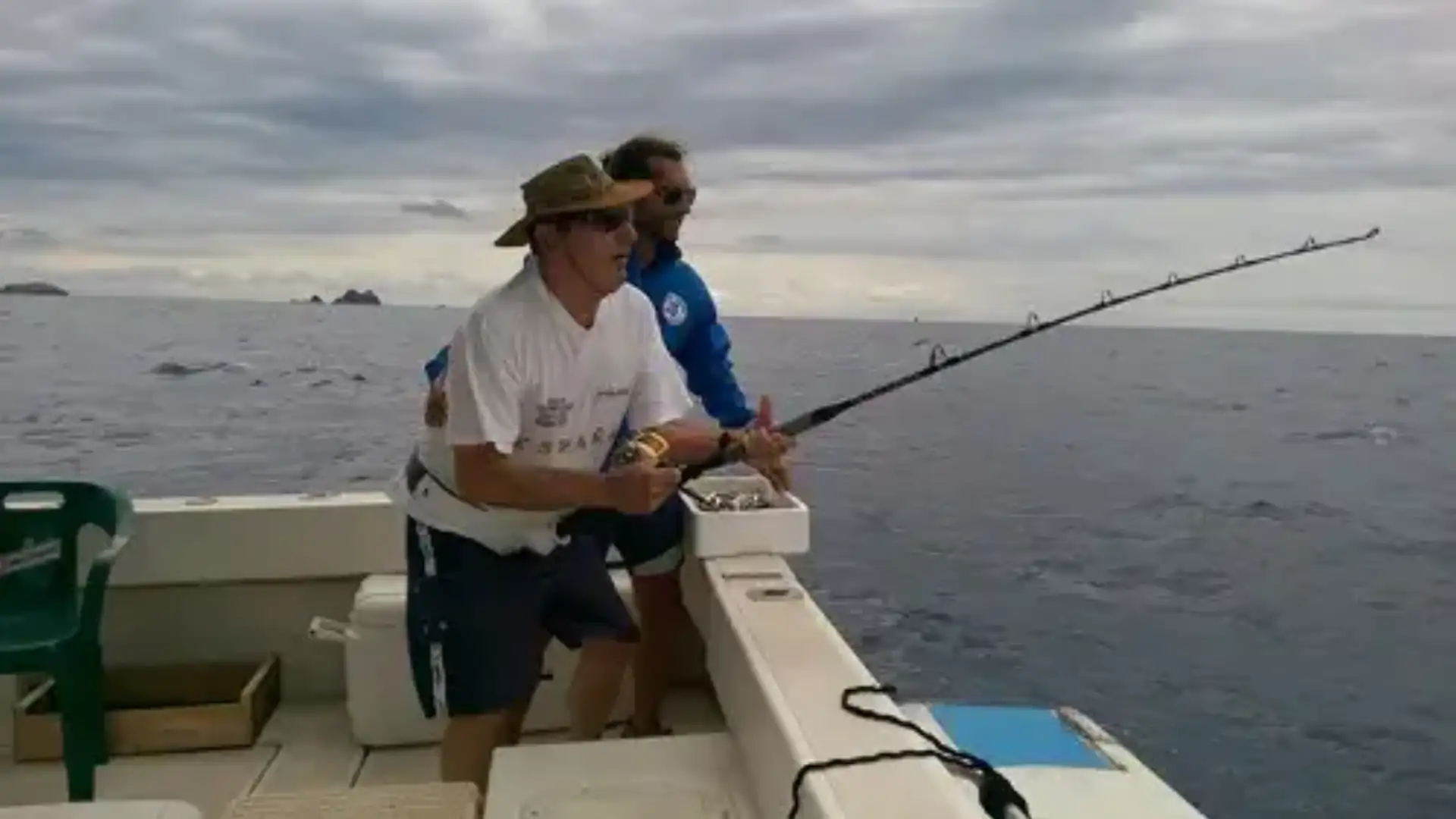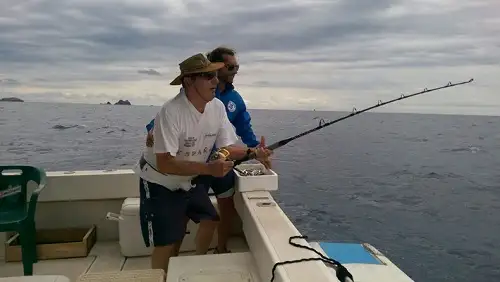
The 13 most frequent questions for sports fishing
The 13 most frequent questions for sports fishing

The extension of Spanish jurisdictional waters to 12 miles is the responsibility of the various autonomous communities of the coast... the external waters, which are the rest of Spanish jurisdictional waters, are the responsibility of the State Administration
1- What documentation is necessary to obtain the license?
If the recreational fishing licence is for inland waters it is each autonomous community that is competent to issue it. The requests will therefore have to be addressed to the competent autonomous community. If the recreational fishing licence is for external waters, whether from land, from boat or submarines, and not for species of differentiated protection, it is also the autonomous communities of the coast that issue them by cession of the State General Administration. The requests will therefore have to be addressed to the competent autonomous community. If the fishing licence is intended for species of differentiated protection it shall be the General Administration of the issuing State.
2- What type of vessels can recreational fishing licences be applied for?
For sports or recreational vessels belonging to the official lists of 6th and 7th vessels set out in the Promotion and Merchant Navy Act. It is appropriate to know what the concept of a recreational vessel is in accordance with the legislation in force, in order to distinguish it from the other vessels and to know the rules applicable to them.
3- What is the NIB and where does it appear?
The NIB is the ship's identification number and may appear in the Navigability Charter and the Spanish registration certificate of the navigation permit for recreational vessels.
4If there is more than one holder per boat, who applies for authorisation?
The authorisation is given to the holder, or to one of the owners of the vessel.
5- Where should the application be addressed and the landing declarations?
For the capture or holding on board of species subject to differentiated protection measures listed in Annex II, a specific authorisation issued by the Fisheries Management DG of the General Fisheries Secretariat of MAGRAMA shall be available at the request of the vessel holder. Such an application may be processed by telematics through the Ministry's website, as well as at any of the established places.
6- Is bluefin tuna allowed to be caught?
The sport and recreational fishing of bluefin tuna is prohibited, and the conduct of competitions, sports events or sports or recreational fishing competitions aimed at the death of bluefin tuna. All these activities should take the necessary measures to ensure the safe return to the sea of all tuna caught. Where there is no closure and quota, in the event that the death of the captured specimens could not have been avoided, the pattern of the vessels or the holders of the recreational fishing licences may keep a copy on board and a catch declaration shall be sent in accordance with the rules.
1. The vessels included in the sixth and seventh lists of the registration register of vessels authorised to catch species subject to differentiated protection measures shall, in the course of their tides, catch and release live bluefin tuna.
2. In the exercise of this activity, the necessary measures are taken at all times to ensure the safe return of the tuna caught. Where it has not been possible to prevent the death of a copy of bluefin tuna, and where there is a quota available, the catch and release activity must be stopped, the required catch declaration must be made and the entire copy must be landed, and the whole copy must not be placed on the market.
3. It is prohibited to conduct competitions, sports events or sports fishing competitions which have bluefin tuna as their target species.
7 - Are there fishing vessels for sports and recreational fishing?
There is a closure for some different protection species. For bluefin tuna the closure corresponds to the period from 15 October to 15 June.
8- In the closing season, can tuna be captured and released?
No, the capture of such specimens is expressly prohibited. In the case of accidental capture it must be returned to the sea, even if it is dead.
9 - What authorisations do I need to fish?
For the practice of recreational fishing, whether from land, from boat or through the mode of underwater recreational fishing, it will be necessary to be in possession of the activity licence issued by the competent body of an autonomous community of the coast or the cities of Ceuta and Melilla, having to comply with the regulations established by the administration on whose coast the activity takes place. For the capture or holding on board of species subject to differentiated protection measures listed in Annex II, vessels shall have a specific authorisation issued by the Directorate-General for Fisheries Management of the General Secretariat for Fisheries of the Ministry of Agriculture, Food and Environment, at the request of the holder of the vessel, to be carried out on board when the activity is carried out.
10 - Is the licence issued in an autonomous community valid for fishing in waters of another community?
The activity licence of the autonomous community shall be that issued by the community in which the recreational fishing vessel has its base port. The autonomous communities shall establish mechanisms for cooperation and cooperation in the mutual recognition of licences.
11 - How can I know the minimum sizes?
Only those authorised species of fish and cephalopods may be caught in the exercise of sea recreational fishing. In the specific case of bluefin tuna, the minimum catch size of bluefin tuna shall be 30 kg or 115 centimetres in length to the lower fork.
12 - Is it allowed to capture swordfish?
It is prohibited to catch, hold on board, land or market swordfish (Xithias Gladius), including by-catch or by-catch, by any vessel not included in the unified surface longline census.
13 - Can we practice recreational fishing in marine reserves?
There are currently 25 marine reserves, in addition to other protected marine areas, those in Spain, whether of exclusive State management, of the Autonomous Communities or of shared management. In these areas, the main purpose of which is to ensure the protection and conservation of our marine ecosystem and its biodiversity, the activities or uses that can be carried out are strictly regulated and also have a specific control and monitoring system. Recreational fishing is only authorised in certain areas of certain reserves, subject to the conditions laid down in its specific legislation and subject, as a general rule, to a special administrative authorisation.
© 2024 Nautica Digital Europe - www.nauticadigital.eu











